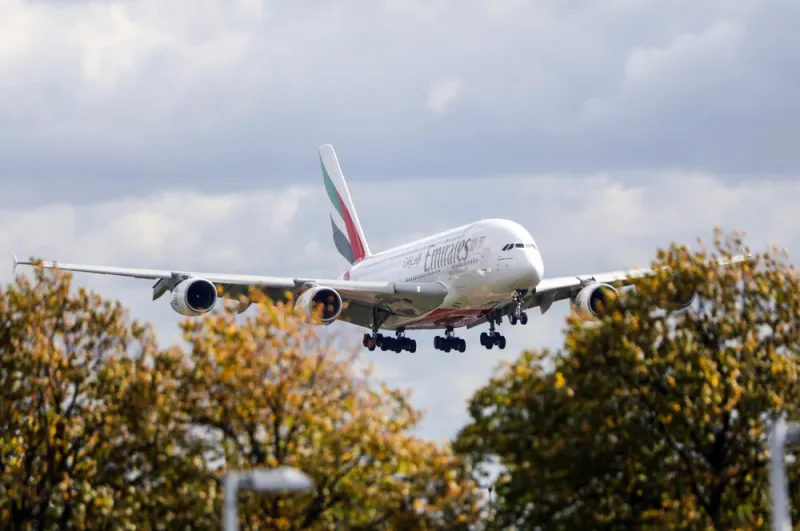Private equity firm KKR is looking to the skies for its next infrastructure investment, according to an announcement on Thursday.
The New York-based firm announced that it has committed $1 billion in capital to commercial aviation finance firm Altavair AirFinance. KKR has also agreed to acquire a 50 percent interest in Altavair as part of a long-term partnership.
“Air traffic grows every year meaningfully higher than GDP growth,” said Brandon Freiman, partner and head of North American infrastructure at KKR, in a phone interview.
The deal is also partly a play by KKR to capitalize on online retail giant Amazon's success. A small part of the initial investment will go toward long-term leases of six cargo aircraft — a segment that looks attractive to KKR right now because of online retailer Amazon’s growth, Freiman said. The rest of that $1 billion will be invested over the next few years in opportunistic deals, Freiman said.
According to Steven Rimmer, the chief executive officer at Altavair, institutional investors are increasingly interested in aviation finance as a diversified source of returns.
“We’ve seen a lot more pension funds and insurance companies invest in the sector,” he said by phone Thursday. “Their traditional markets have not yielded the returns that they’re used to.”
Annual returns in the aviation finance industry are between 8 percent and 15 percent, he said.
Rimmer added that the firm’s data show that new aircraft delivery, or the creation of new airplanes, has grown significantly over the past ten years. In 2009, about $70 billion in new aircraft were delivered. By contrast, about $140 billion in aircraft were delivered in 2018, Rimmer said, noting that this growth is attractive to new investors.
Air travel has more than doubled over the past 15 years, according to an Ernst & Young report on aviation finance published in 2017. “Airlines typically operate on low margins and, as a result, look to external sources to raise funding in order to replenish their fleet,” the report said.
Freiman said he and his team got to know Altavair a few years ago. At first, the two firms were considering a set of small deals, he noted, but after getting to know the brand, KKR’s interest grew.
“Steve has been doing this for decades,” Freiman said of Altavair’s Rimmer. “The firm has real depth in certain segments, like engine leasing and cargo."
He added that KKR liked the firm’s culture on top of its expertise.
"The sector can be quite transactional,” Freiman said, noting that Altavair's approach is more long-term than transaction-driven. “They are real partners and investors.”
[II Deep Dive: Consultants Deliver Aviation Assets Warning]
KKR views infrastructure assets as “hard assets” that are necessary for the economy and have a long-term hold period. According to Freiman, this is a little different than other infrastructure investors, some of whom believe that “if you can move it, it’s not infrastructure.”
“It’s not like investing in a Park Avenue apartment when Manhattan real estate prices are down,” Rimmer said. “I can lift a plane and operate it in different places when the market changes.”







